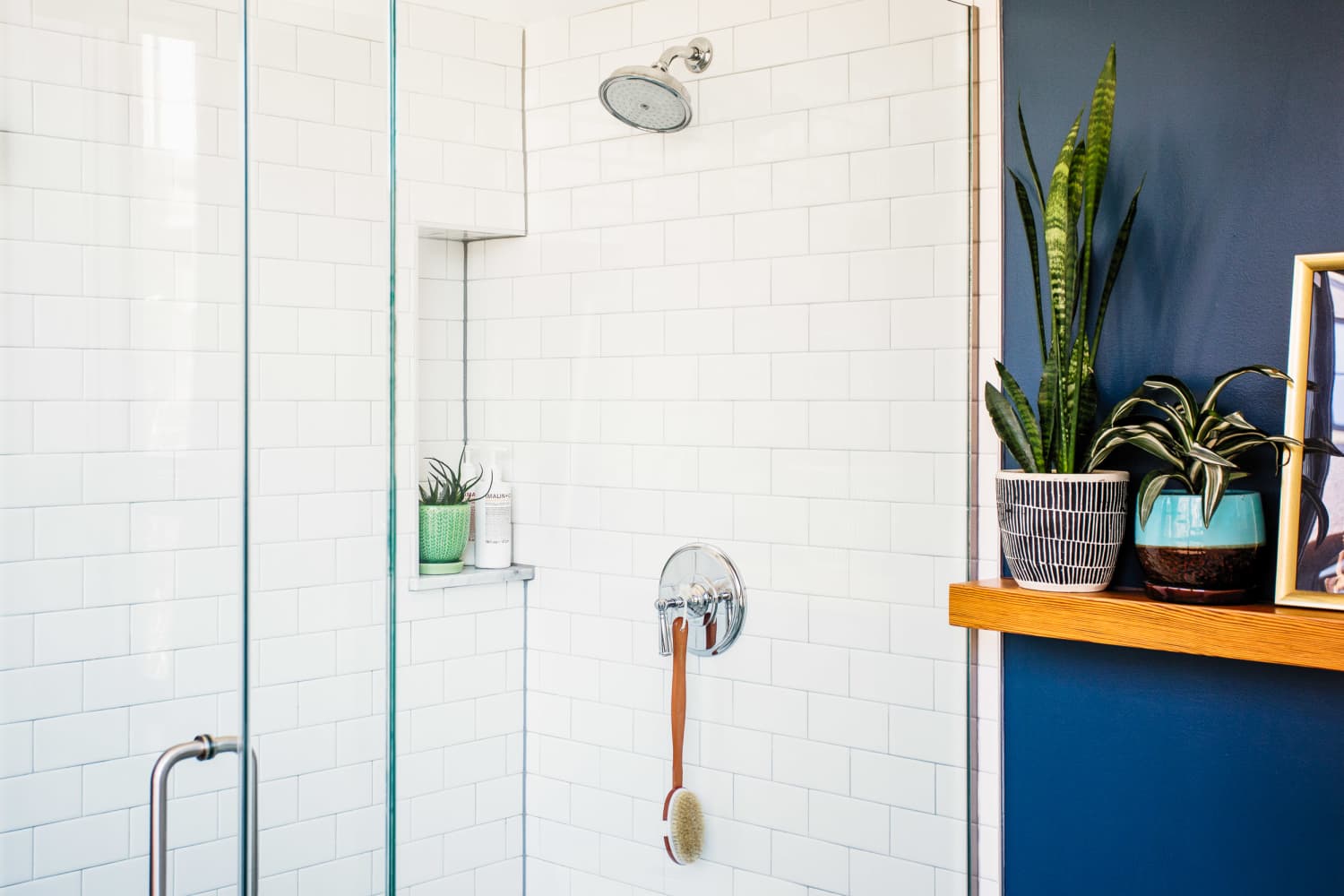
"My bathroom shower has been a hot mess lately - quite literally. The crank on the casement window broke, so I've had to keep it closed despite it being summer. It's now clear that I need a new exhaust fan because, without the additional ventilation of that open window, the tile isn't drying as quickly after a shower, leading to mold in my bathroom."
"Hydrogen peroxide can safely clean and disinfect surfaces, making it an effective and economical cleaning product, especially for bathrooms. (It can even disinfect dishes in the kitchen sink.) Years ago, it was hailed as the go-to for cleaning cuts and scrapes - you might remember the sting! - but medical experts at the Cleveland Clinic and elsewhere advise not using it in that capacity anymore because it's too irritating for the skin."
"Also, make sure you never mix hydrogen peroxide with vinegar, which can create peracetic acid, a corrosive and harmful acid. They can be used in succession but not at the same time. That said, hydrogen peroxide is still much gentler than other chemical-based products - looking at you, bleach-based cleaners! - and I have a clean shower to prove it."
A closed casement window reduced bathroom ventilation, slowing tile drying and causing mold growth. Store hydrogen peroxide in a dark-colored spray bottle to keep it stable. Spray 3% hydrogen peroxide on tile and grout, let it sit for at least 10 minutes, ensure good ventilation, then wipe with a sponge. Hydrogen peroxide safely cleans and disinfects surfaces and is gentler than bleach-based cleaners. Do not mix hydrogen peroxide with vinegar because they can form corrosive peracetic acid, though they may be used sequentially. Hydrogen peroxide is inexpensive and widely available at drugstores.
Read at Apartment Therapy
Unable to calculate read time
Collection
[
|
...
]